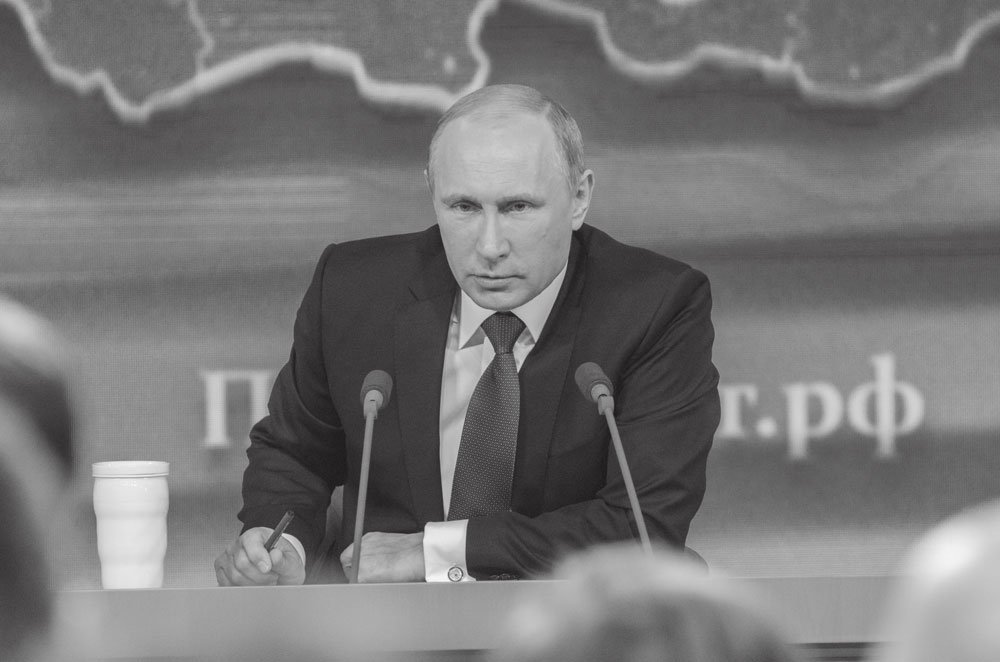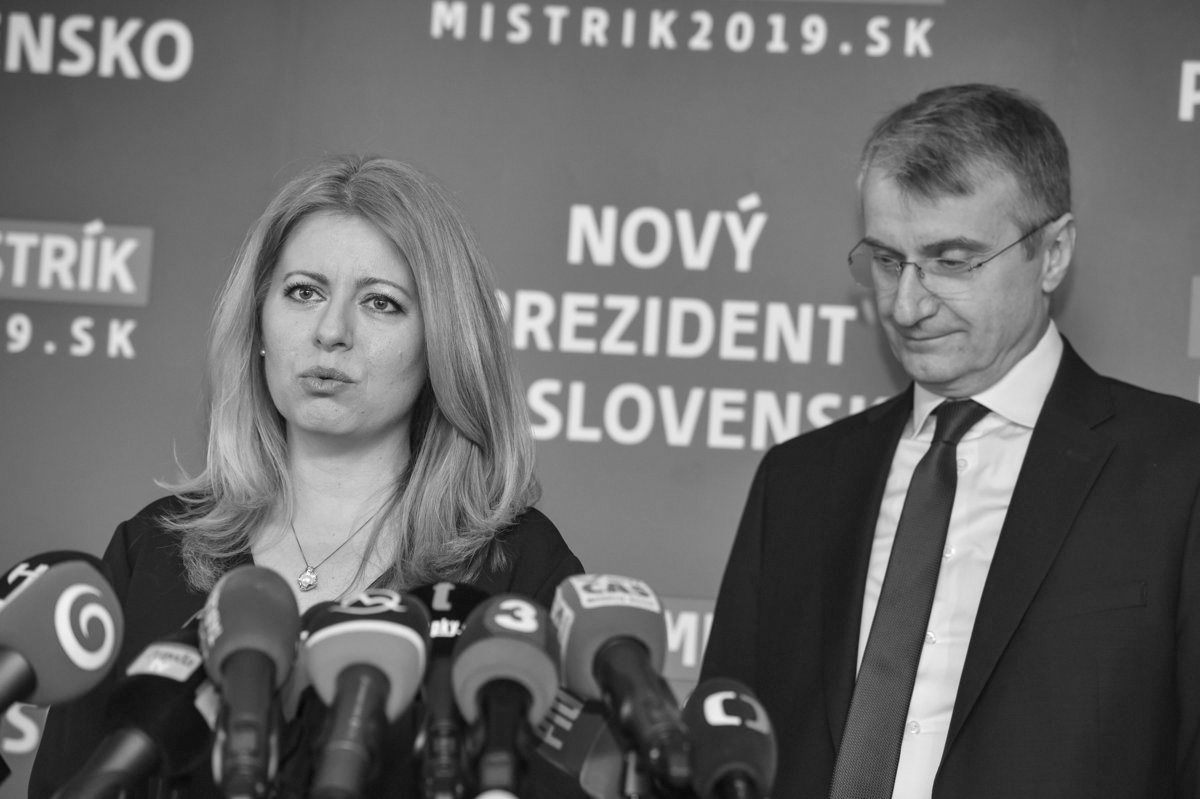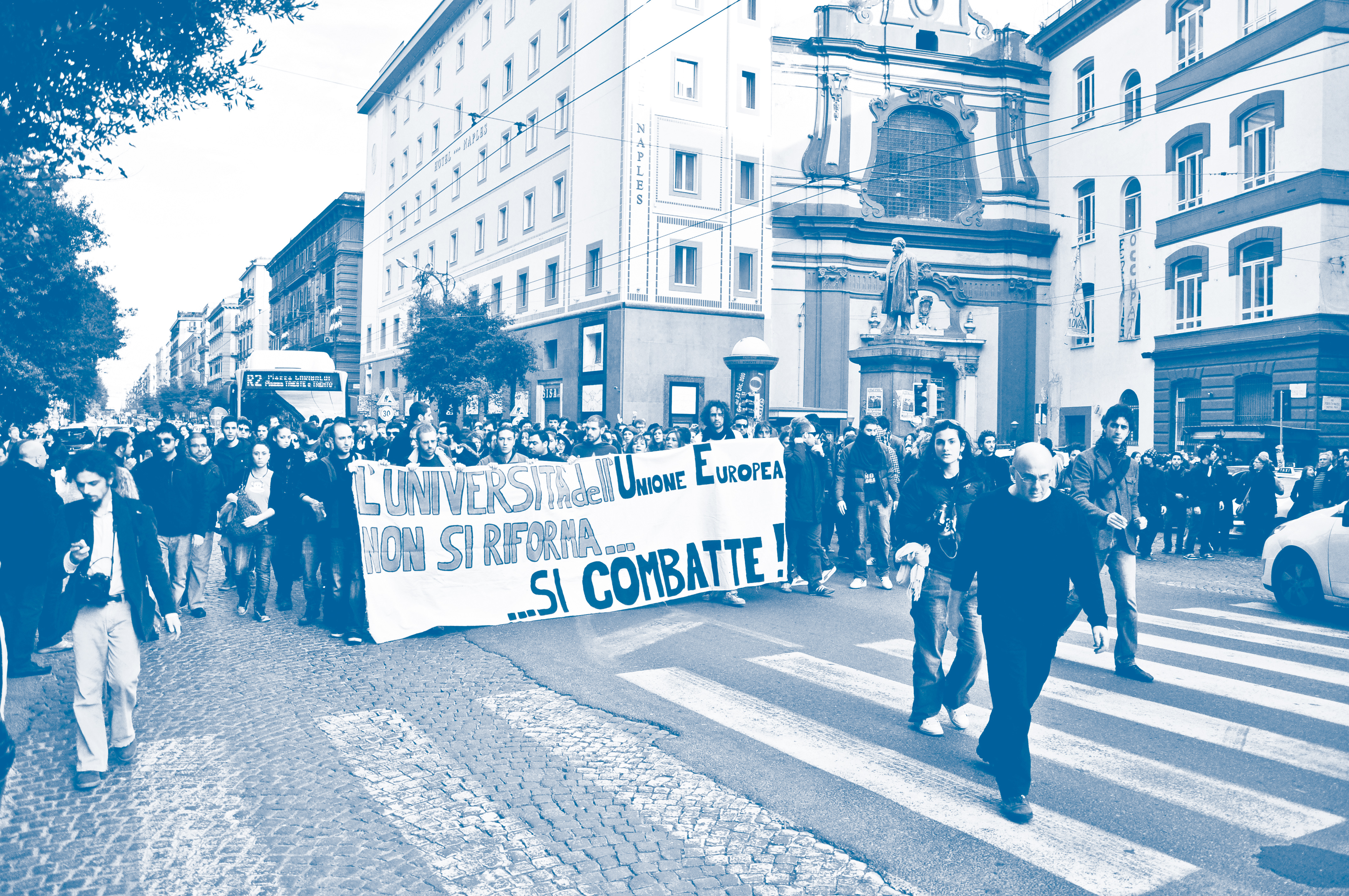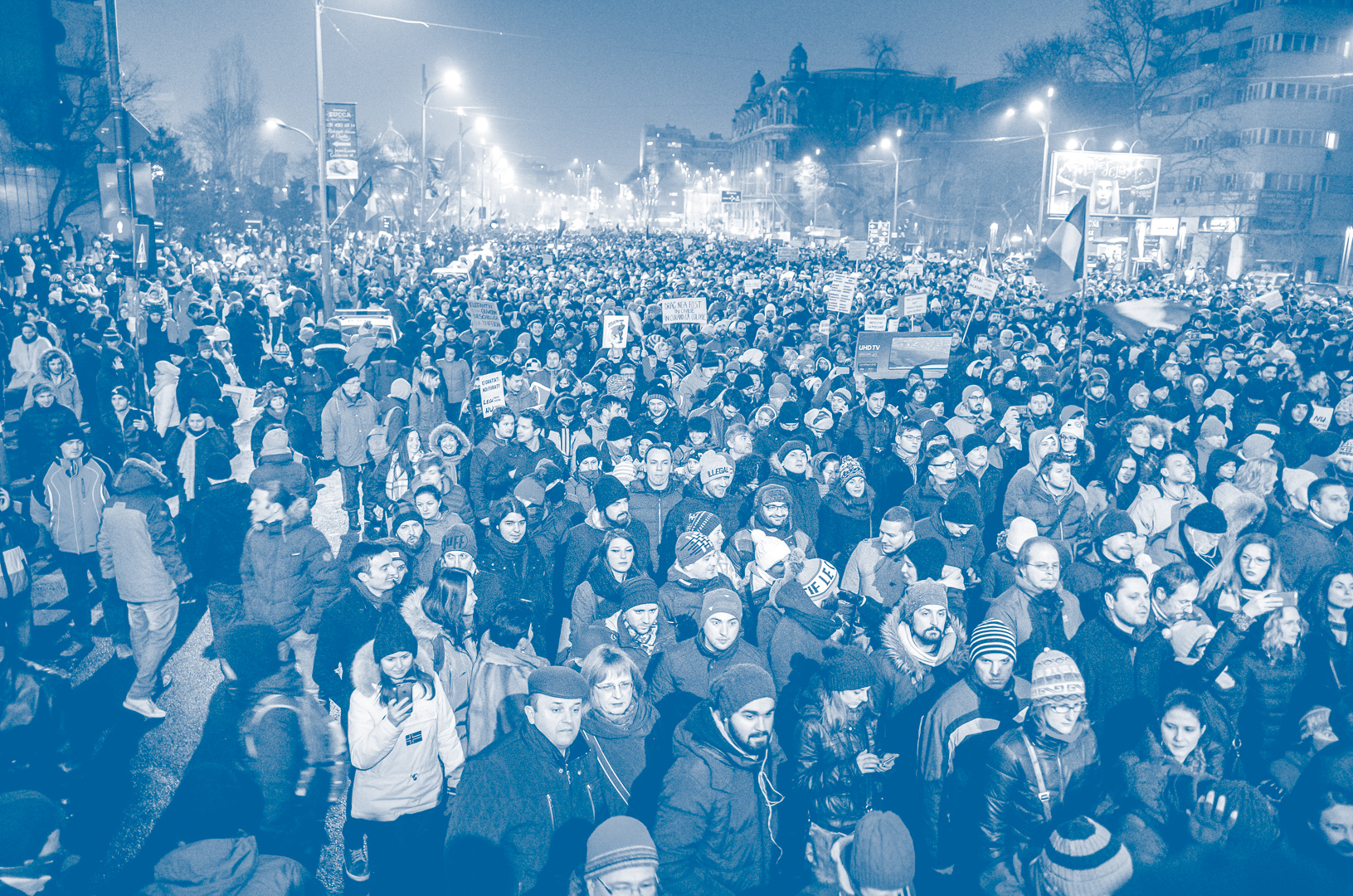By Jasmin Mujanović | North Carolina
“How does Slobodan Milošević’s will begin?” asks a Serbian joke from the 1990s. “In the unlikely event of my death…”
As the anti-regime protests in Serbia enter their third month, that sardonic quip captures much of the mood on the streets of Belgrade, Novi Sad, Kragujevac and dozens of other towns across the country. For weeks, thousands have been airing their grievances against the increasingly autocratic government of Aleksandar Vučić and his Serbian Progressive Party (SNS), often by drawing direct parallels between the current president and the former strongman, under whose tenure the former served as Minister of Information.






